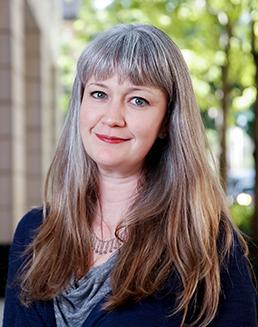Learn More: Great Stories Club
Learn how ALA's Great Stories Club program can help your library connect with underserved youth in your community.
In this free, 60-minute webinar, presenters will discuss the Great Stories Club program and application process, in advance of the July 9 application deadline. Learn more about the Great Stories Club.
Webinar topics will include:
- A review of the grant requirements and benefits
- Instructions for the online application process and an overview of changes, including the option to apply for two Great Stories Club grants at once and select 3-4 books from a longer reading list
- Strategies for establishing or stengthening a community outreach partnership
National project advisor Allyson Dowds (Boston Public Library) will also share her experience piloting the Great Stories Club series "Empathy: The Cost of Switching Sides," providing information about roles and responsibilities, the impact of the Great Stories Club on participating teen readers, and tips for successful programming.
Applications for the Great Stories Club grants on two new themes ("Empathy" and "Heroism") will be accepted from May 7, 2018, to July 9, 2018. Up to 150 libraries will be selected through a peer-reviewed application process. Applicant libraries must be located within, or working in partnership with, an organization that reaches underserved, under-resourced and/or at-risk youth.

Lainie Castle, project director, ALA Public Programs Office
Lainie is a project director in the ALA Public Programs Office. Since 2007, she has led a variety of cultural and community programming projects through PPO including the Great Stories Club, Bridging Cultures: Muslim Journeys, and Latino Americans: 500 Years of History.

Allyson Dowds, Health and Human Services Research Specialist, Boston Public Library
Allyson is a former GSC project director and member of the GSC national advisory group. In her current role at Boston Public Library, she collaborates with library departments and city agencies to provide outreach services and programs to members of marginalized populations such as ex-offenders, members of the homeless community, and individuals coping with addiction and recovery.
